From the Principal,
Diana Ellis
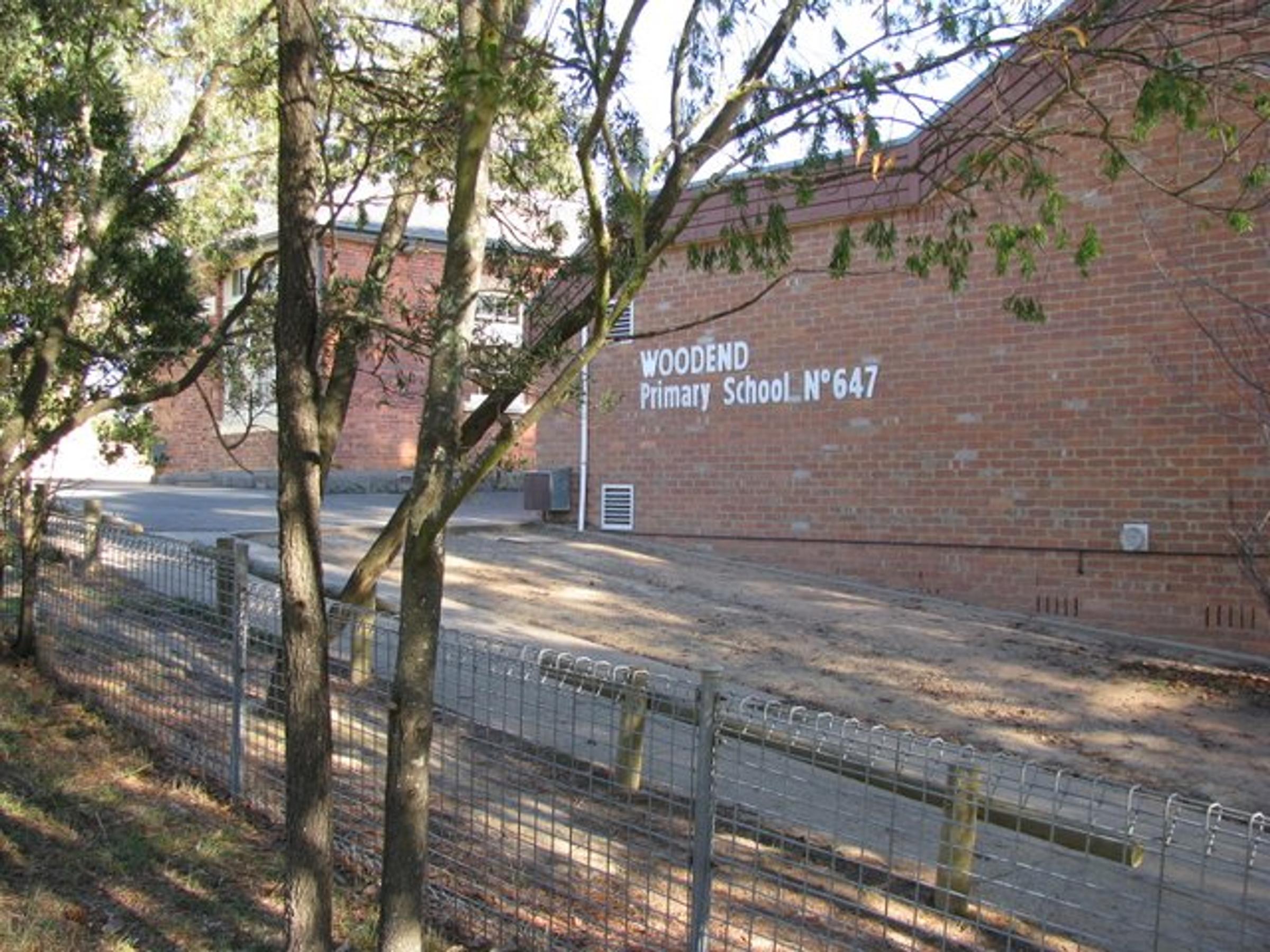
From the Principal,
Diana Ellis
PFA – Mothers Day
Last week we celebrated Mother’s Day with breakfast for our mums. A huge shout out to Parents and Friends for organising this activity and for the group of dads who did all the work on the morning, including making sure our mums felt very welcome. It was so heart-warming to see members of our school community back on site, networking and having fun. It is timely that I not only thank the people in our school who volunteer for a range of roles but also a reminder that you do not need to be on a committee to support our school, but you can do so simply by providing a few hours of your time when we do have an event.

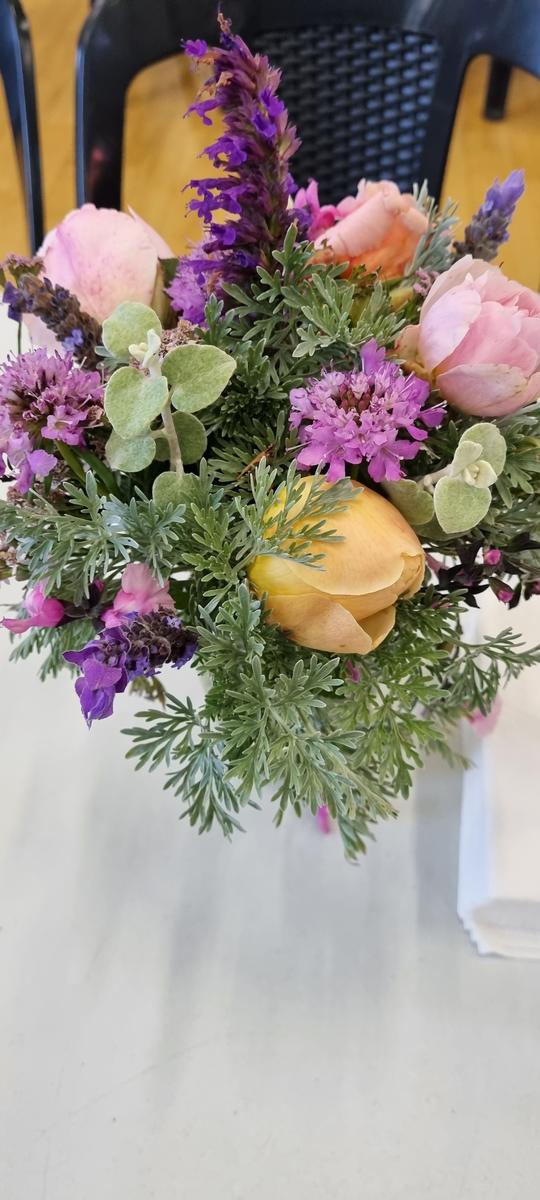






Vandalism
We continue to be plagued with vandalism every weekend. It is now costing a huge amount of money and time. As members of our local community, we ask that you play a role in being aware and if you see anything suspicious, please report it to the police. Most weekends our local offenders like to get up on the roof and cause damage. Last weekend they were up on our new slate roof and decided to throw down all of the boxes of nails. When the builders arrived on Monday they found nails strewn all over the ground and other items that had been thrown off the roof.
Staff leave
Over the next few weeks I will be on leave. Tomorrow I fly out to Bali and will be spending my time in the schools in the small villages of Sidemen, Payagan and Ban village on the slopes of Mt. Agung. Ban village is one of the most poverty stricken villages in Bali and until a few years ago they did not have schools, running water, roads or electricity. I am also counting down the hours to catching up with my Balinese family who I last saw in May 2019.
With my very first pay as a young teacher back in 1985, I booked my first trip to Bali. In the early years I went there every year as a tourist. Whilst I was teaching at Romsey our language program was Indonesian. I became really interested in the culture and learnt the language. In 2000 myself and two other teachers took a group of 30 students from years 2 - 6 (and their parents) to Bali for a cultural experience. During this time we visited many schools and from then my interest has been in working in the small villages and the schools and orphanages.
One of my most treasured memories was up in the village of Payangan back in 2013. A village that rarely saw tourists back then. We had a bubble wand for the children as well as books and clothing. When the children saw the bubbles they ran away screaming with fear. I spoke to them in Indonesian and realised they had never seen bubbles because they have don’t have dish washing detergent or shampoo etc and they thought the bubbles were black magic. Once I explained the bubbles could not hurt you they then cautiously wanted to touch them.
One group that I am strongly associated with is the East Bali Poverty Project. I will be spending time in these communities during this visit. The East Bali Poverty Project (EBPP) is a non-profit organisation helping the thousands of people living in abject poverty without water, sanitation, roads, schools, health facilities and electricity in East Bali.
In 1999 the Bali Poverty Project began. Many communities on the slopes of the volcano were remote and nearly inaccessible. Work began on improving tracks so over 240 families could reach medical help, markets and other essential services that were virtually inaccessible before. The first community built school was completed. The building is 80m2 with 2 classrooms, a teachers’ room, a library and a canteen. It also doubles as a vocational training centre for children, teenagers and adults. Two other schools were completed in early 2003. The 164m2 school in Dusun Pengalusan has 4 classrooms, a teachers’ room, a library and a canteen. The villagers were asked what their number one priority was. They chose education for their children. At the time, the nearest government schools were 4-6km away with no accessible roads and very rough terrain. In some communities illiteracy rates had reached 70-100%. The curriculum provided is now tailored to their needs. As well as reading and writing skills, children learn about nutrition, hygiene, sanitation, good health practice, organic farming, environmental education, social sciences, arts and crafts.
Since 1999 the aim of the project has been to ensure that the children had the motivation to learn through good mental and physical health. Most children suffered from malnutrition and serious iodine deficiency due to a limited diet of mostly cassava. Free school meals were carefully designed to give the correct balance of carbohydrates, protein, minerals and vitamins. Nowadays, almost 100% of the children in the programme are healthy. In these remote communities the only water available was from remote springs or rainwater catchments – usually uncovered and very polluted. Hygienic rainwater storage tanks. Rainwater is collected from rooftops via a bamboo gutter and then passed through a gravel and charcoal filter to clear sediment and bacteria. Each tank stores 4,500 litres and they provide the first-ever clean water supply for the people of these hamlets. Already their use has substantially reduced infant mortality.
Apart from all of the challenges listed above these small villages were impacted by an earthquake in 2020 right as the pandemic took hold. The children have not attended face to face learning for over two years and 363 families lost their homes and were left homeless. A 4.8 Richter scale earthquake struck when most people were sleeping. The epicentre was right under the village of Ban and caused extreme damage: 363 houses were totally destroyed, 762 suffered light to medium damage; and 123 Hindu temples were damaged, some severely. All 363 homeless families urgently need temporary houses, especially now the rainy season has started.
It is hard for us to even imagine a life like this. I have include some photos of the temporary bamboo homes that are being built to replace the damaged homes.
https://www.eastbalipovertyproject.org/
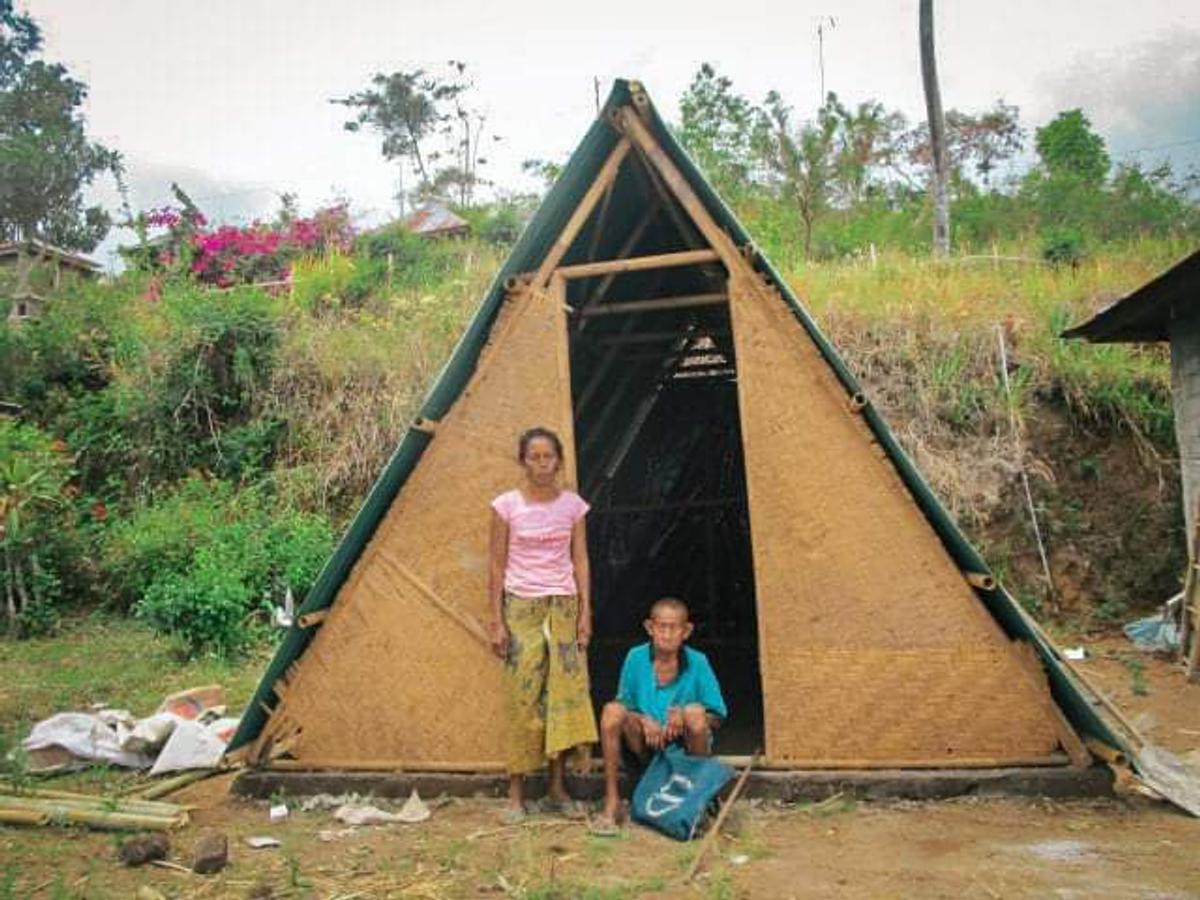







Tree Planting
This week CU3 joined the Ashbourne Landcare Group on a farmers property on Ashbourne Road to work towards a goal of environmental sustainability. In a matter of a few hours our students learnt all about the importance of soil and the role plants play in keeping soil together and they successfully planted 600 plants.
It was a pleasure to be with our 21 students and watch how collaboratively and respectfully they worked together. By the end of the afternoon there was a strong sense of achievement and many students made comment that they want to drive out to the site with their parents and show them what they achieved. I would also like to thank the efforts of our community volunteers in the Landcare Group for their ongoing efforts.

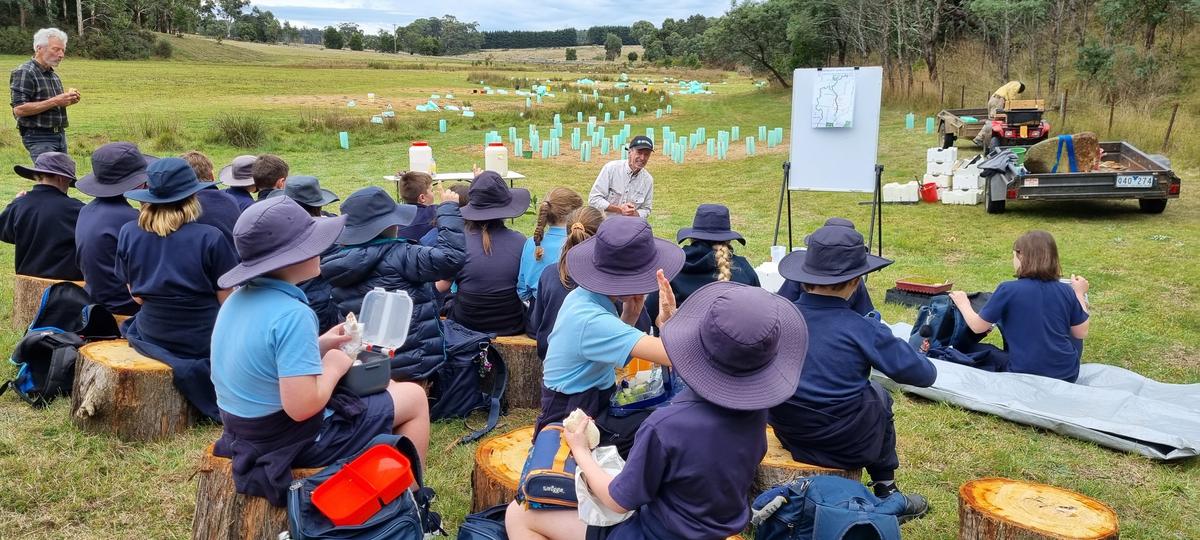

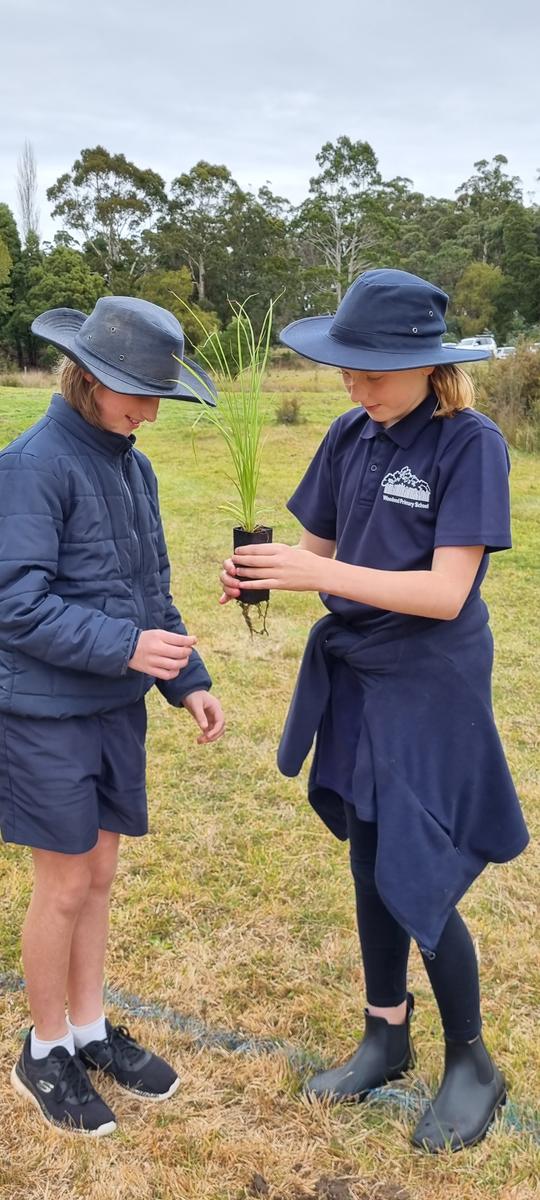
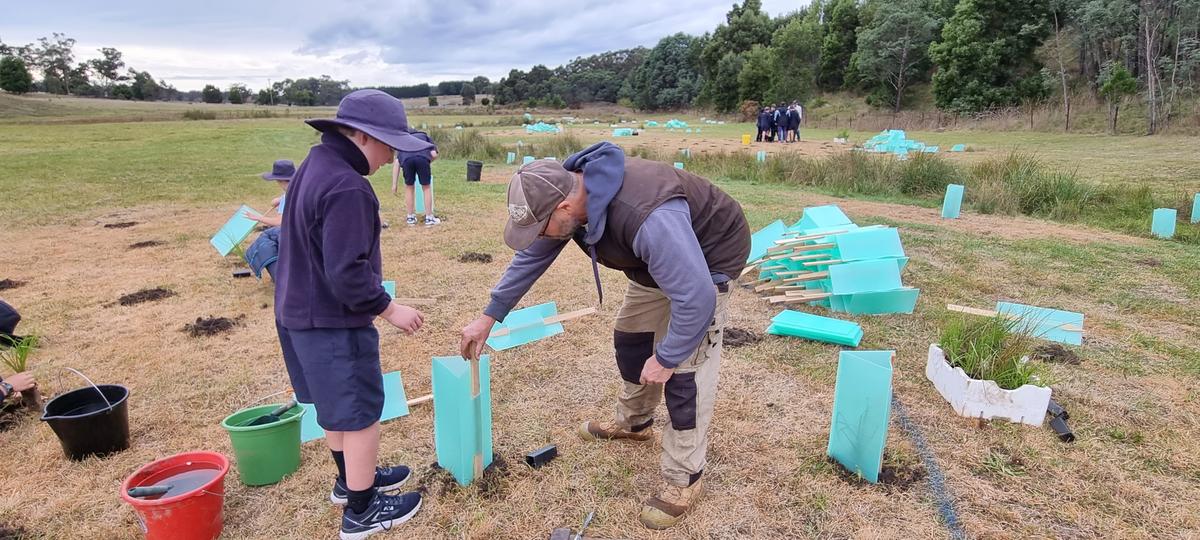
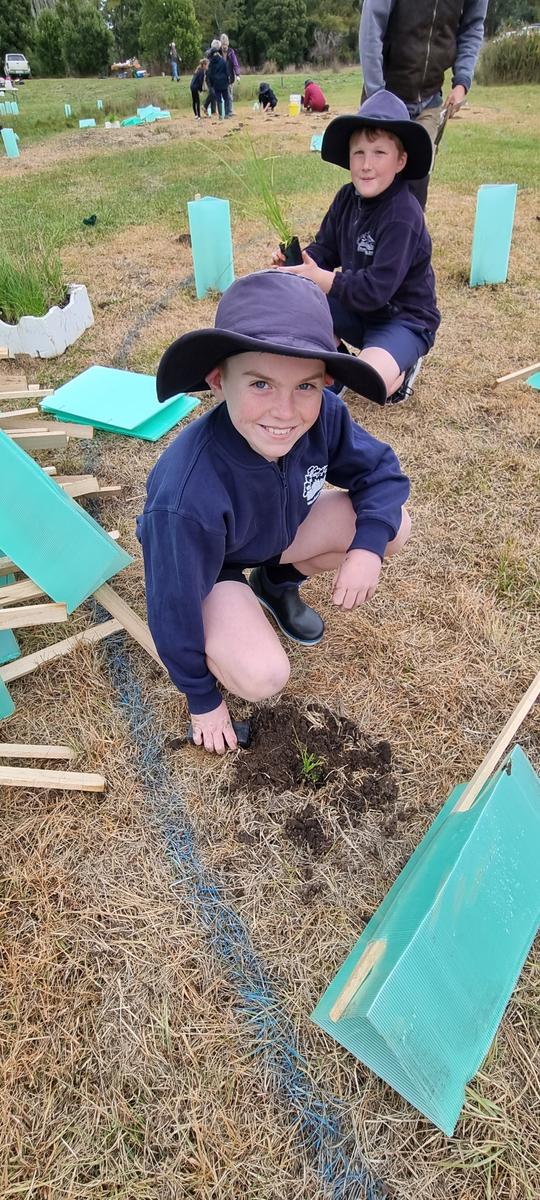












School events
Over the last few weeks we have started to look more like life before COVID. Our students have engaged in a range of activities that had been put on hold during the last two years, including:
Lapathon 2022
Wednesday June 8 will be our Whole School Lapathon. More details will follow.
Student Free Day
Just recently the Department of Education has mandated that all schools are to have an extra student free day for teacher planning. This has come about because schools are finding it so hard to get replacement teachers due to impact of COVID illness on the workforce.
At School Council on Monday night the student free day was endorsed. Our endorsed date is Tuesday June 14. All teachers will be at school planning.
Principal